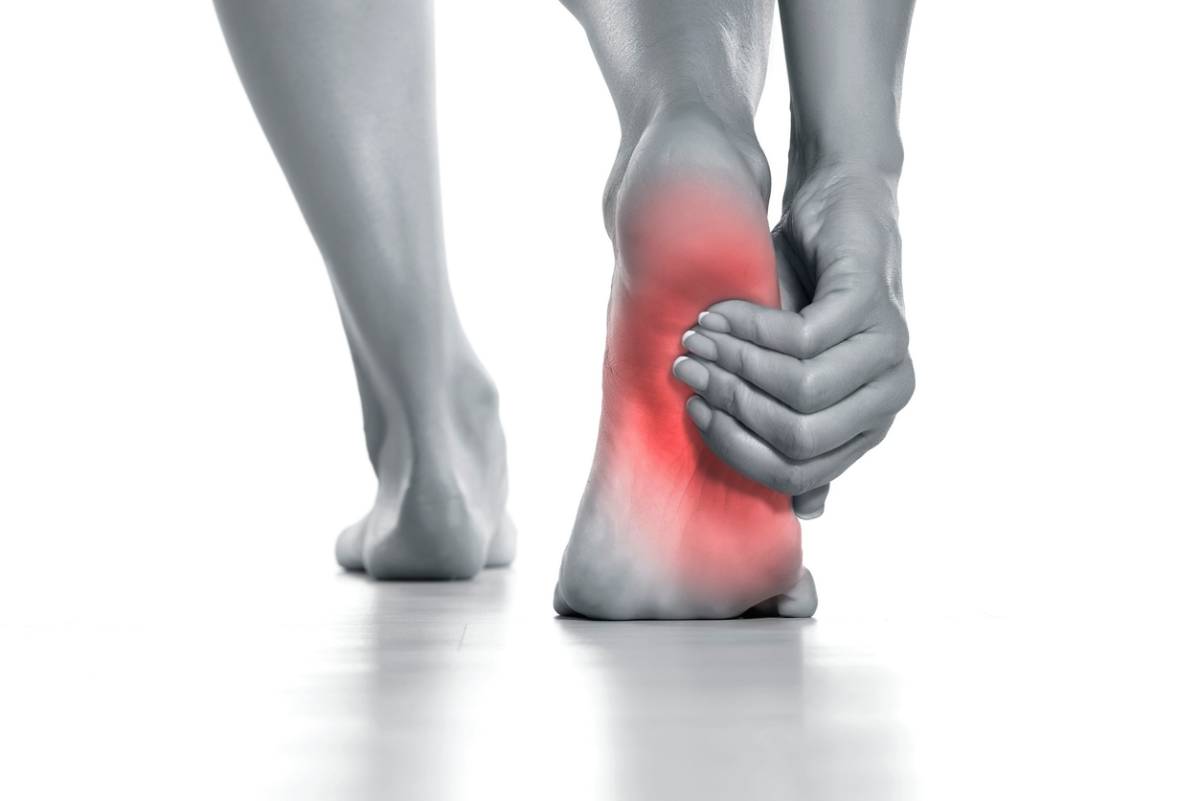Heel pain can be a complex and mysterious ailment, as it can sometimes be difficult to discern its exact source. Additionally, it can also be difficult to tell when the pain has reached a medically significant level. Below, we look at when to consult a medical professional for heel pain.
However, catching heel pain before it becomes exacerbated to an intense level is crucial. Failing to do so can mean that the source of the pain becomes even worse.
When to Consult a Medical Professional for Heel Pain
If you’re experiencing heel pain and want to know whether or not it’s medically significant, take a look at the signs that you might need to consult a professional.
What Causes Heel Pain?
There are numerous causes of heel pain. This is because the heel is a complex compound bone structure that can be affected by subtle influences in terms of what makes it tick. Some of the common sources of heel pain include:
- Shoes that don’t fully support the heel
- Running on hard surfaces like concrete
- Running too much
- Tightness in the Achilles tendon
- Abbrupt inward or outward turning of your heel
- Landing hard or awkwardly on the heel
In addition, the following conditions may also cause swelling.
- Swelling and pain in the Achilles tendon
- Swelling of the fluid-filled bursa at the back of the heel
- Bone spurs in the heel
- Swelling of the thick band of tissue on the bottom of the foot (plantar fasciitis)
Dealing With Heel Pain
Heel pain is a relatively common problem. The cause is, more often than not, fairly rudimentary and not serious. However, in severe cases, the pain can be somewhat overwhelming and even debilitating.
Many situations involving heel pain can be solved at home with little issue. Rest and the application of basic anti-inflammatories and the like can oftentimes work wonders.
Regularly working out your calves, ankles, and feet can help you to ward off some types of heel pain and keep your body prepared for possible infractions against its stability. In particular, selecting footwear that offers proper support to your arches and the like will help to guard against certain types of heel pain.
Taking Care of Heel Pain at Home
There are certain things you can do at home that can help you to relieve or prevent heel pain. Some of these things include:
- Using crutches to take the weight off of your feet
- Rest as much as possible in the proximity to the injury
- Apply ice to the area that is bothering you
- Take acetaminiophen or ibuprofen for pain
- Wear comfortable and supportive shoes
- Use a heel cup, felt pads, or shoe inserts
- Wear night splints
In most cases, this can resolve the pain quite effectively.
When to Contact a Doctor
There are certain red flags to look out for, especially if your heel pain doesn’t no become better after three weeks of home treatment. Some of these signs include:
- Your heel pain becomes worse or more severe despite home treatment
- You experience sudden or severe heel pain
- You have redness or swelling in your heels
- You are unable to place weight on your feet, even after periods of rest
All of these signs might be indications of a more serious medical condition.
What to Expect Out of Your Visit to the Office
During your visit with your heel pain doctor, your physician will ask you a series of clarifying questions surrounding your condition. Some of these questions might include:
- Have you experienced this type of heel pain before?
- At what point did your pain start?
- Did you have pain first thing in the morning or at the end of the day?
- Does the pain get worse or better with exercise?
- Is the pain worse when standing?
- How often do you go jogging?
- What type of footwear do you typically wear?
- Are there any other symptoms we should be aware of?
All of these questions will help your physician hone in on the exact nature of the heel pain that you’re experiencing. Doing so will help them to create a stronger idea of how to approach the pain and create a plan for recovery. Providing them with sufficient information will help to ensure you have a successful operation.
The Heel Pain Experts of LA
Dr. Jamfeet and the rest of the team at Jamfeet Foot and Ankle are completely dedicated to serving LA the best in plantar fasciitis treatment, as well as other kinds of heel pain treatments. If you’re interested in having your own heel pain diagnosed, contact our office in Los Angeles in order to schedule a consultation.


